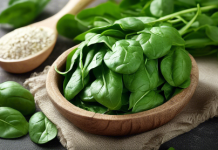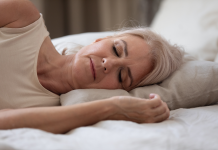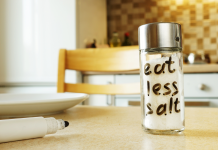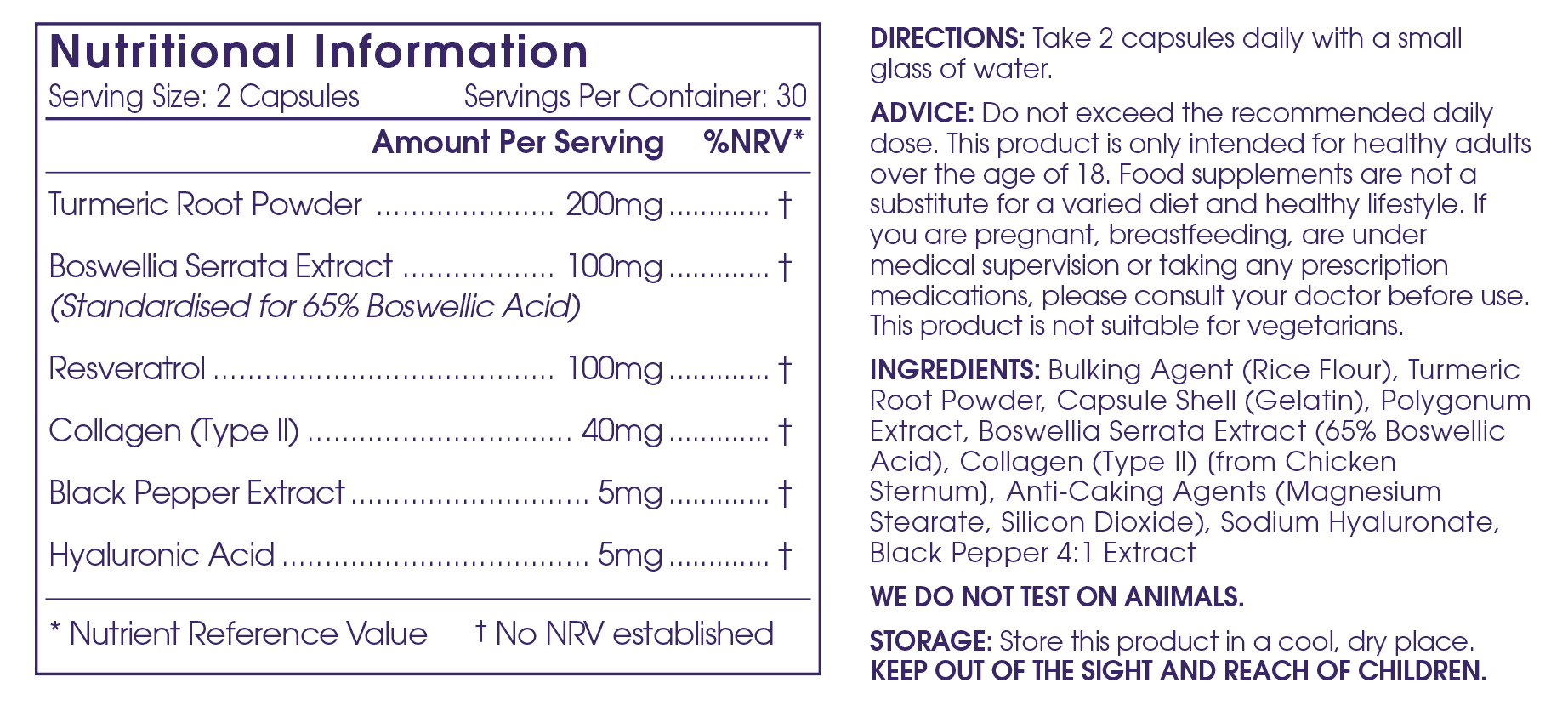Do you feel soreness in your joints or muscles? Can you tell the difference? Before you start treating it, you want to know whether what you are feeling is joint soreness or muscle soreness. You may believe you know which one it is, but it can be trickier to differentiate the two than you may realize. When you correctly diagnose what kind of soreness you have, you will be able to treat it more effectively.
We will go over what joint and muscle soreness are, how you can differentiate the two, and what you can do to relieve them.
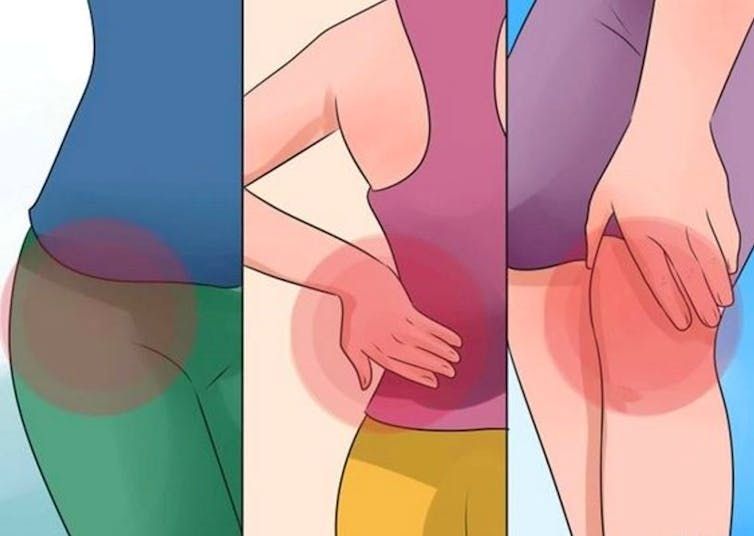
What Is Joint Soreness
Joint soreness is pain that stems from your joints, where bones, ligaments, and cartilage are located. Your joints also have synovial fluid that helps everything move seamlessly. Joint soreness is also the type of pain you feel even when you’re resting and your muscles aren’t being used. As you get older, arthritis (rheumatoid arthritis and osteoarthritis) will usually be the primary reason why you start feeling joint soreness. Other issues leading to joint soreness include Lyme disease, fibromyalgia, bone cancer, and gout.
Bones are not as well-protected the older you get. This will lead to soreness and pain. You may experience joint soreness for just a few days and then see it go away. However, you may also notice it gradually set in and stick around. Some of the most common areas to experience joint soreness are the wrists, elbows, ankles, knees, and lower back. Joint soreness will take a longer time to recover than muscle soreness.
What Is Muscle Soreness
Muscle soreness differs from soreness in your joints in that it arises due to overusing, straining, or injuring muscles. Athletes are the most susceptible to muscle soreness, given their frequent use of muscles in exercises, performances, and activities. You are more likely to suffer from muscle soreness after being physically inactive for a prolonged period of time, especially if you don’t stretch correctly beforehand.
It is also possible to experience muscle soreness as a result of certain illnesses and infections. Some illnesses include the flu, chronic fatigue syndrome (CFS), and hypothyroidism. Lyme disease and fibromyalgia, which were mentioned as causes of joint soreness, can also cause muscle soreness. For the most part, the pain you feel in your muscles is caused by them becoming inflamed. Cramps, aches, and stiffness are all symptoms of muscle soreness.
Usually, the only time you feel muscle soreness is when you are using your muscles. Also, muscle spasms are a possible tell-tale sign of pain you are feeling coming from muscles. This is due to extreme physical activity releasing lactic acid, along with toxins that build up in the body.
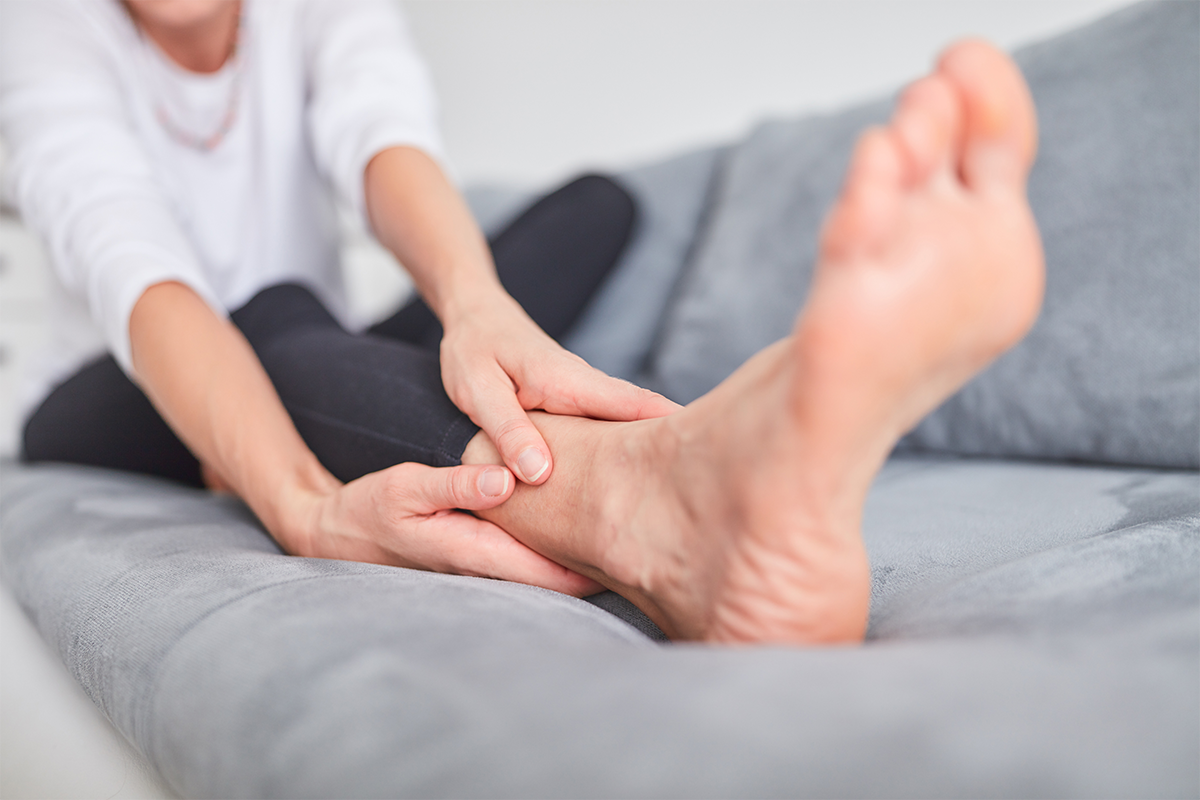
How to Get Joint Soreness Relief
Typically, physicians may suggest that you take an anti-inflammatory drug, along with a topical cream, to get relief from soreness in your aching joints. However, this comes with potential side effects, and it will not actually address the root cause of the joint soreness.
There are both lifestyle and nutritional changes that you can make to achieve the best results. Losing weight and taking part in low-impact exercise can help release the burden on your joints and strengthen muscles around your joints. Your diet plays a major role in whether you feel soreness in your joints or not. It’s recommended that you eat foods that are rich in anti-inflammatory compounds and omega-3 fatty acids.
Another way you can get rid of joint soreness is by taking a joint soreness supplement like JointFuel360. This is a supplement packed with all-natural ingredients.
How to Get Muscle Soreness Relief
You can get relief from muscle soreness in a number of ways. A quick go-to method is to simply apply ice to the area where you feel the soreness. Then, you can rest that area in a way where it can be immobile for a while until the soreness goes away.
A very helpful modality you can use is massage. This therapeutic activity will loosen up any tense muscles, even if that tightness is deeper. Massage is a great all-around modality to receive on a regular basis since it gently stretches muscles and helps promote total body relaxation. If you are unable to get a massage, you can take matters into your own hands and massage the muscles that hurt, if you can easily reach them. If you cannot, you can stretch those muscles after taking a hot bath.
You can also avoid certain weight-bearing exercises that place a great deal of strain on your muscles. You should avoid lifting heavy weights until your muscles have healed. Otherwise, you will prolong the healing process and may potentially damage your muscles in some way. Overall, you should rest as much as possible. This does not mean staying in bed all day, but it does mean performing something like physical therapy.
If you have other symptoms accompanying your muscle soreness, such as a fever or vomiting, it could be an indicator that there is something more serious than normal muscle soreness.
Wrapping Up
Don’t wait until joint pain sets in. You can implement strategies for health and wellness over the long term. An active lifestyle, combined with a healthy diet and quality health supplements is a great way to help you keep moving!
* These statements have not been approved by the Food and Drug Administration. This product is not intended to diagnose, treat, cure, or prevent any disease.
SOURCES:
https://www.betterhealth.vic.gov.au/health/conditionsandtreatments/ageing-muscles-bones-and-joints
https://orthoinfo.aaos.org/en/staying-healthy/effects-of-aging/
https://www.healthline.com/health/osteoarthritis/understanding-aging-and-joints
https://health.clevelandclinic.org/5-best-ways-to-safeguard-your-joints-as-you-age/
https://www.healthline.com/health/improving-mobility-in-old-age
https://hcamidwest.com/blog/entry/aging-bone-joints
https://www.mayoclinic.org/healthy-lifestyle/fitness/in-depth/what-it-takes-to-be-agile-at-any-age/art-20390071
https://www.mountsinai.org/health-library/special-topic/aging-changes-in-the-bones-muscles-joints
https://www.webmd.com/pain-management/features/common-pains-of-age
https://www.bannerhealth.com/staying-well/expert/joint-pain-aging
https://www.physio-pedia.com/Effects_of_Ageing_on_Joints
https://orthoinfo.aaos.org/en/staying-healthy/smoking-and-musculoskeletal-health


